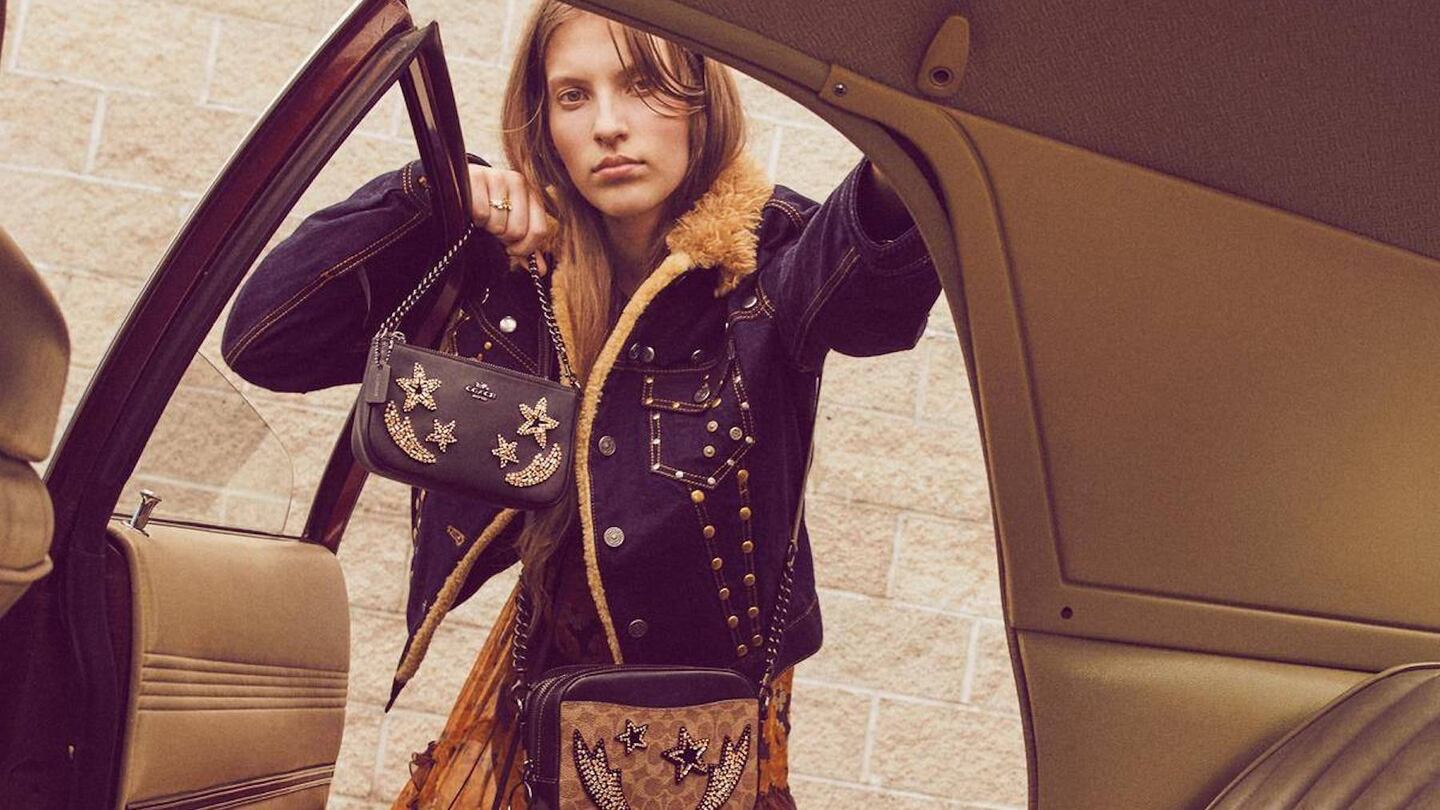
The Business of Fashion
Agenda-setting intelligence, analysis and advice for the global fashion community.

Agenda-setting intelligence, analysis and advice for the global fashion community.

NEW YORK, United States — Tapestry Inc. isn't waiting for Chinese shoppers to travel abroad. It's going straight to them.
The owner of Coach and Kate Spade is making its "most significant investments" in expanding distribution in the domestic Chinese market, chief executive Victor Luis said in an interview Tuesday. China is the biggest geographic opportunity for Tapestry's brands, he said, and it's not because of tourists filling suitcases with wallets and clutches when they're overseas.
“There’s no doubt that the Chinese government is interested, and has been now for a few years, in the development of the economy through domestic-led consumption,” Luis said. “That benefits us.”
China accounts for less than 20 percent of Tapestry’s global sales, a lower percentage than many of its European luxury peers. Coach is by far the company’s biggest brand in China.
ADVERTISEMENT
The best hedge against fluctuations in tourist spending is to invest directly in domestic markets, Luis said. This year, Tapestry has added more than 60 stores in China, largely through the acquisition of local operations that distribute and sell its products.
Concern over Chinese tourists was sparked by recent reports of border guards searching suitcases for undeclared goods. Louis Vuitton owner LVMH said earlier this month that China’s customs administration was tightening security checks on travellers returning with luxury items purchased abroad.
Luis said the recent crackdown coincided with a holiday, China’s National Day celebrated on October 1, which is consistent with what the company has seen in the past.
“The government may be stricter in the application of the policies, but it’s important to be clear that the policies have not changed,” Luis said. “This is much more only about the execution of them.”
By Kim Bhasin; editors: Anne Riley Moffat and Lisa Wolfson.
The Coach owner’s results will provide another opportunity to stick up for its acquisition of rival Capri. And the Met Gala will do its best to ignore the TikTok ban and labour strife at Conde Nast.
The former CFDA president sat down with BoF founder and editor-in-chief Imran Amed to discuss his remarkable life and career and how big business has changed the fashion industry.
Luxury brands need a broader pricing architecture that delivers meaningful value for all customers, writes Imran Amed.
Brands from Valentino to Prada and start-ups like Pulco Studios are vying to cash in on the racket sport’s aspirational aesthetic and affluent fanbase.